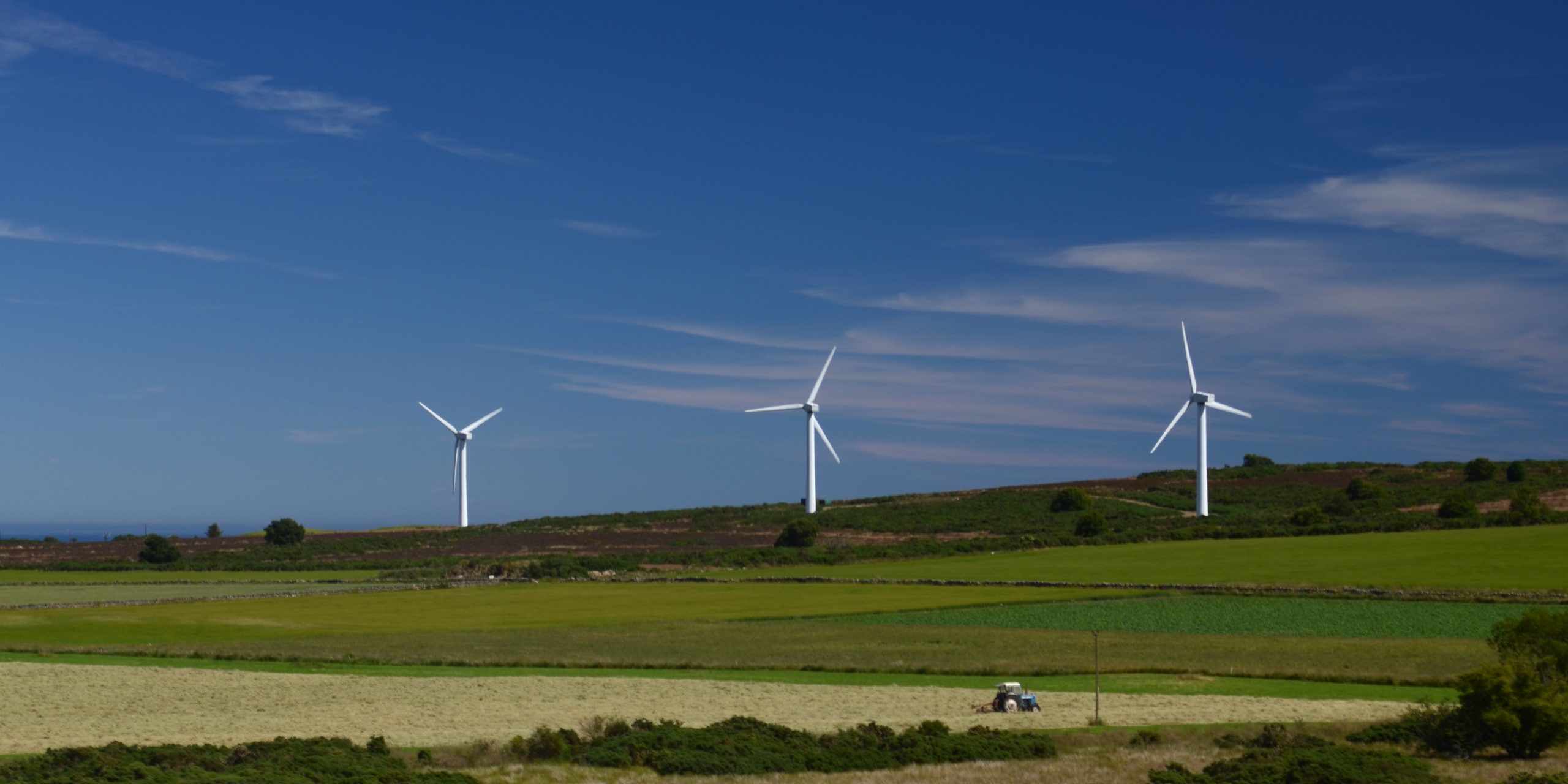Green Ideology: Today and Tomorrow
William Patterson
Greens are seen by their critics as being anti-progress and anti-human. By seeking to slow, or even reverse, the economic development that can result in environmental harm, the detractors of Green ideology accuse its adherents of entrenching human poverty. Technology and economic growth create wealth, reduce poverty and suffering, and generally enhance human well-being. To these critics, Greens are more concerned about the health of trees than the health of human beings.
But Greens would retort that the health and well-being of humans is intrinsically linked with the rest of nature. Human beings cannot thrive when their environment is poisoned and denuded. Human health is reliant upon clean air and water, and human happiness is deeply connected with the aesthetic beauty and pleasures of natural spaces. For Greens, a myopic focus on economic growth at the expense of the planet and non-human life can only further impoverish us.
Although often considered to be anti-technology, as they consider technology “unnatural,” many contemporary Greens recognize that technology may offer the best path forward for the Greens of tomorrow. Greens need not be against all technology and progress. Technologies such as solar power and wind turbines – and even nuclear power – offer a way to reduce human reliance on the fossil fuels that cause global warming. With more widespread adoption of these technologies, perhaps economic growth and environmental stewardship need not be at odds. Technology may also play a positive role in the prevention and remediation of any number of other environmental problems. When used responsibly and in concert with Green values, “green technology” may be the future of clean economic growth and innovation.

Discussion Questions
- Is the Green ideology necessarily at odds with technological and economic development? Discuss.
- Would you say that the Green ideology is primarily political or philosophical in nature?
- Which, among the right or the left-leaning political thought, is more compatible with the Green ideology? Why?
- Is the Green ideology a single ideology with many variants or should each “type” of Green ideology be considered a separate ideology? Justify your answer.
Media Attributions
- Kempstone Hill wind farm © Yottanesia is licensed under a CC BY-SA (Attribution ShareAlike) license

